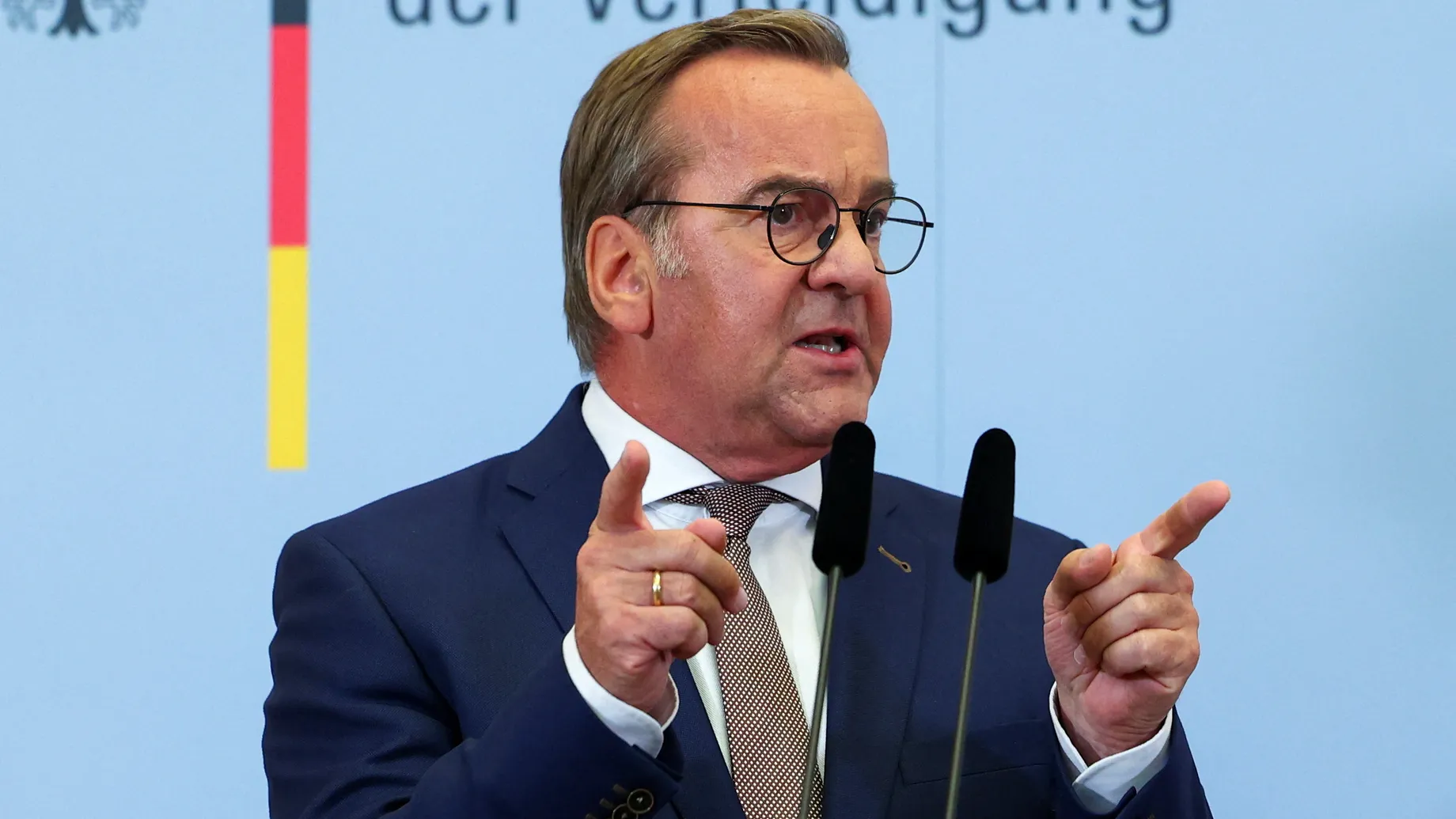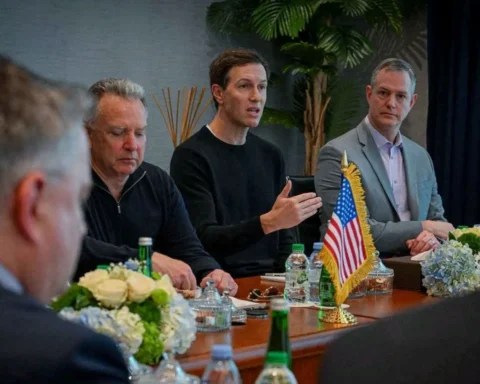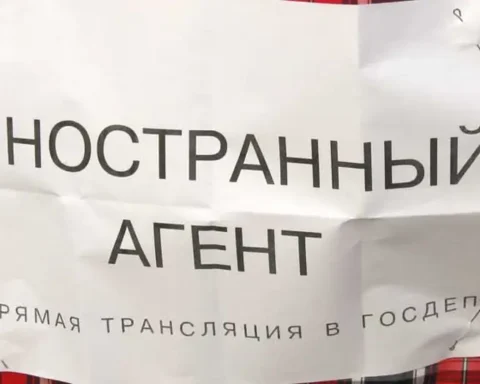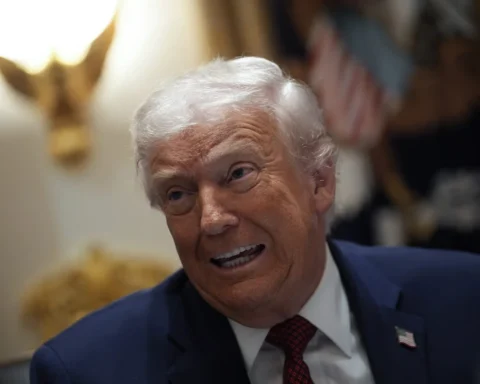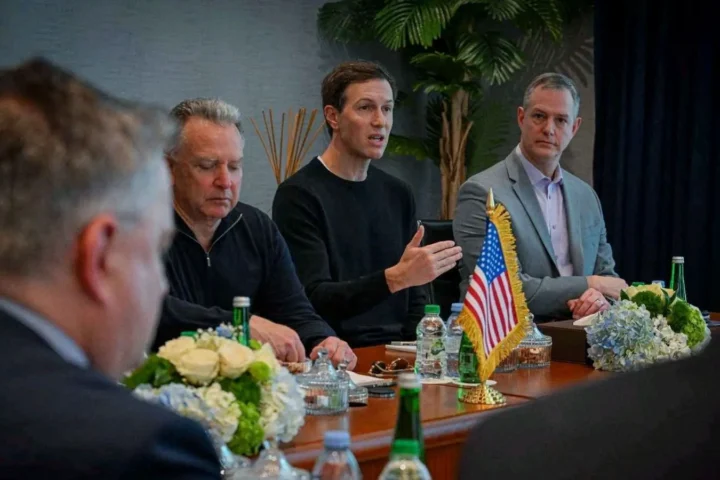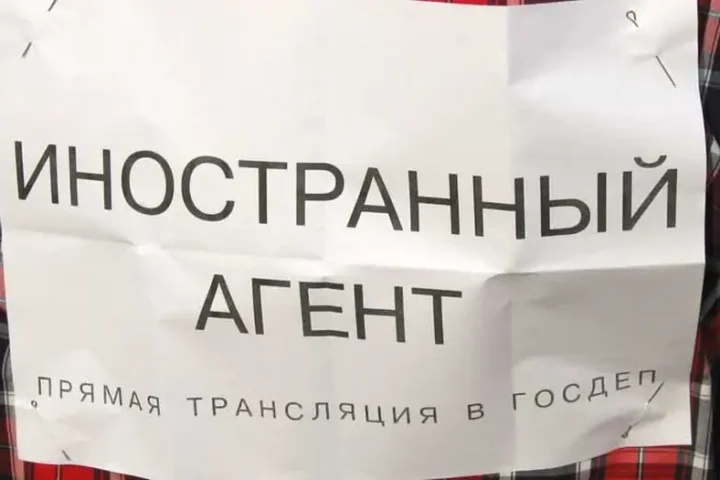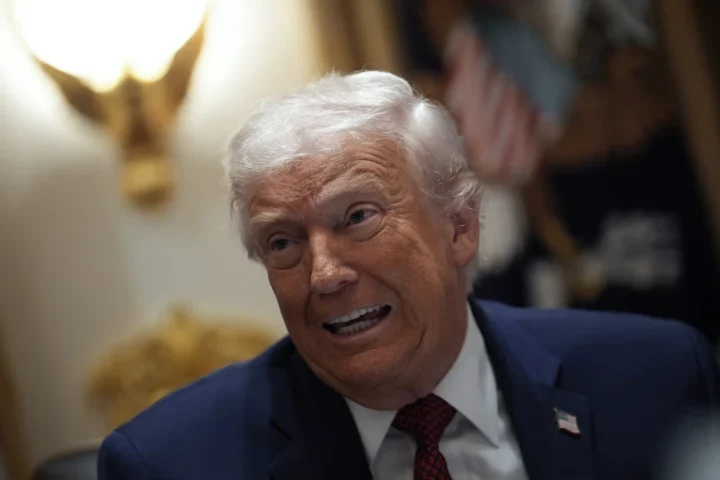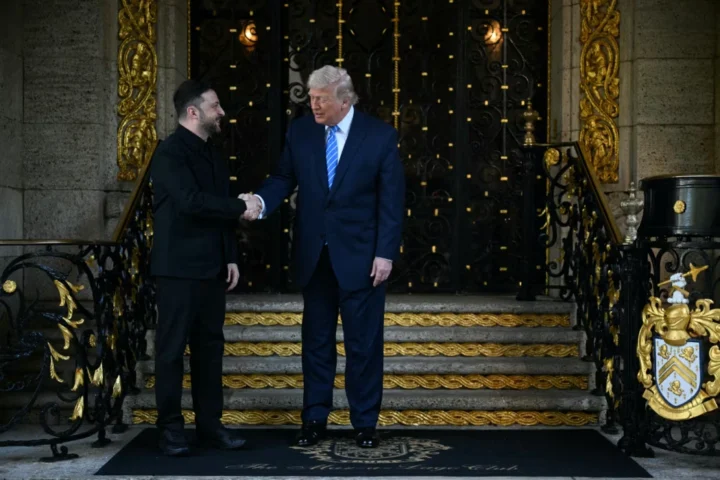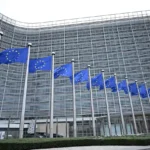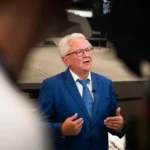Germany’s Defense Minister Boris Pistorius publicly poured cold water on talk of a hypothetical EU deployment to police a cease-fire in Ukraine. The trigger was a striking remark by European Commission President Ursula von der Leyen, who told the Financial Times that Europe had “fairly concrete plans” for such a mission—up to and including a multinational formation backed by the United States. According to Der Spiegel, her words sparked irritation within the German government.
“It is completely wrong to discuss this publicly”
Speaking at DyniTec in Troisdorf near Cologne, Pistorius firmly distanced himself from the idea of an open political debate on the matter. The minister stressed institutional limits and the need for restraint:
“Apart from the fact that the European Union has neither the authority nor the competence when it comes to deploying troops—anyone’s and for any purpose—I will refrain from confirming or commenting on such considerations.”
In his view, such questions by definition belong to delicate negotiating terrain:
“I have said this more than once: you don’t discuss such things until you are at the negotiating table with many parties that have a say. There are far too many ‘ifs’ and ‘buts’, and to discuss this publicly at this point is, in my view, completely wrong.”
Asked about the status of internal planning, Pistorius offered only a hint:
“Where exactly we stand I’ll keep to myself, but we are making progress.”
In Der Spiegel’s reading, the minister’s tone reflects Berlin’s broader desire to avoid premature statements on an issue that would require coordinated decisions across numerous capitals and institutions.
What von der Leyen said
As Ursula von der Leyen told the Financial Times, Europeans are working on “fairly concrete plans” for possible military missions in Ukraine as part of security guarantees after a potential cease-fire. She spoke of a “multinational force” with U.S. backing and a “clear roadmap.”
According to the Financial Times, one option under consideration would see “several tens of thousands” of European service members provide intelligence, command and control (C2/ISR). Von der Leyen also said that President Donald Trump had promised U.S. participation—“very clear and repeatedly reaffirmed.” She cited a meeting in Washington involving Trump, Volodymyr Zelensky, and European leaders. As Der Spiegel noted, European leaders were expected to firm up their commitments in the coming days.
The context: when a troop discussion would even be possible
Within government circles, possibilities for coordination with the White House ranged from a Thursday meeting in Paris to a videoconference. At the same time, the emphasis was clear: the question of sending troops could arise only after a cease-fire or peace agreement is reached.
For now, as sources told the magazine, Russia’s President Vladimir Putin shows no readiness for a truce or serious negotiations—leaving no substantive basis for mission planning to be discussed publicly. In the Chancellery, SPIEGEL reports, von der Leyen’s remarks prompted bewilderment.
The chancellor’s line: “No one is talking about ground troops”
Chancellor Friedrich Merz said on ZDF that talk of dispatching ground forces after “the guns fall silent” is not currently on the allies’ agenda:
“No one is talking about ground troops in Ukraine at this time.”
That statement cut off speculation—even though, as Der Spiegel recalls, it was Merz himself who had recently floated in Washington a hypothetical Bundeswehr role, contingent on a Bundestag mandate. On Sunday, he set the priorities straight:
“Priority number one is support for the Ukrainian army so that it can defend the country over the long term.”
What it means
Signals from Brussels about a “roadmap” and a multinational mission are, on the one hand, meant to showcase the EU’s strategic readiness for the “after the salvos” phase. On the other hand, Berlin’s reaction underscores a principle: first comes a political agreement on a cease-fire, then the technical parameters of any mission, and only afterward public announcements. Until then, Pistorius’s line—“it is completely wrong to discuss this publicly”—sets the tone of the debate in Germany.
This article was prepared based on materials published by Der Spiegel. The author does not claim authorship of the original text but presents their interpretation of the content for informational purposes.
The original article can be found at the following link: Der Spiegel.
All rights to the original text belong to Der Spiegel.


